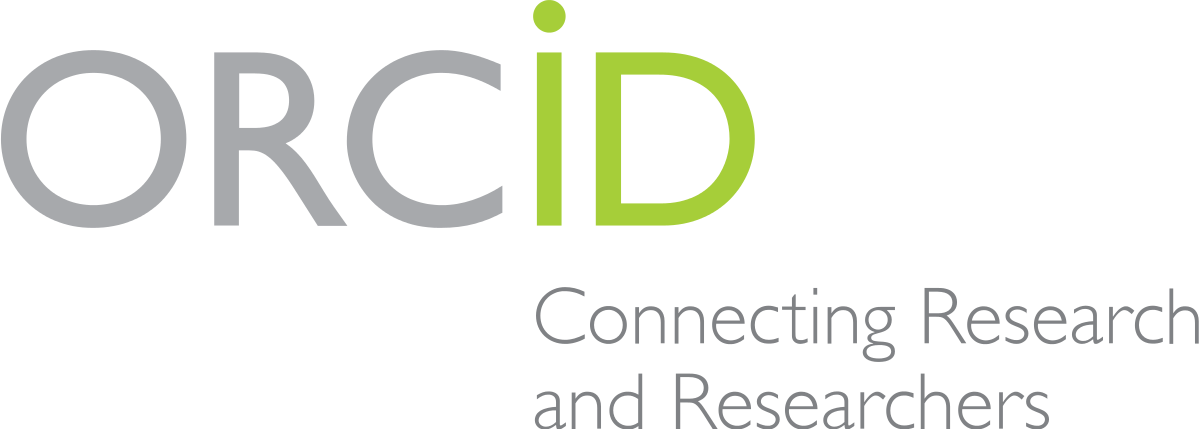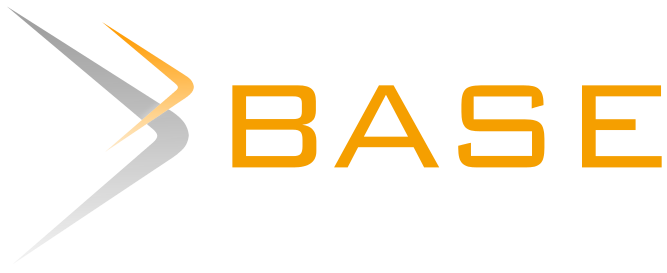Publication Ethics
Duties of Authors
1. Reporting Standards. Authors should present their results clearly, honestly, and without fabrication, falsification, or inappropriate data manipulation. Authors should describe their methods clearly and unambiguously so that others can confirm their findings.
2. Originality and Plagiarism-Free. The authors must ensure that the written works are fully original and if the author uses the work and / or sentence of another person then must use the citation or quoted correctly.
3. Data Access and Retention. Authors may be asked to provide the raw data in connection with a paper for editorial review and should, in any event, be prepared to retain such data for a reasonable time after publication.
4. Double Publishing or Content Similarity. A writer should not publish a script that describes the same research essence in more than one journal or publisher. Sending the same script to more than one journal simultaneously is unethical and unacceptable publishing behavior.
5. Recognition Source. Appropriate recognition of the work of others must always be given. Authors should cite publications or ideas that are influential in determining the nature of the work reported.
6. Report Compilers. The authors' names should be limited to those who have contributed significantly to the concept, design, implementation or interpretation of reported research. Anyone who has contributed significantly should be listed as a co-author. Parties who have participated in certain substantive aspects of the research project must be recognized or registered as contributors. The lead author must ensure that the co-authors whose names are included in the report are truly eligible for inclusion, and that all co-authors have reviewed and approved the final version of the report and have agreed to publish the report.
7. Disclosure and Conflicts of Interest. All authors should disclose in their manuscript any financial or other substantive conflicts of interest that might be construed to influence the results or interpretation of their manuscript. All sources of financial support for the project should be disclosed.
8. Authorship. Authorship should be limited to those who have made a significant contribution to the conception, design, execution, or interpretation of the reported study. All those who have made significant contributions should be listed as co-authors. Where others have participated in certain substantive aspects of the research project, they should be acknowledged or listed as contributors. The corresponding author should ensure that all appropriate co-authors and no inappropriate co-authors are included in the paper. All co-authors have seen and approved the document's final version and agreed to its publication submission.
9. Fundamental Errors in Published Works. When an author discovers a significant error or inaccuracy in his/her published work, the author should promptly notify the journal editor or publisher and cooperate with the editor to retract or correct the paper.
Duties of Editors
1. Confidentiality. The editor and any editorial staff are prohibited from disclosing any information about the manuscript submitted to anyone other than potential authors, reviewers, reviewers, editorial advisers and publishers.
2. Disclosure and Conflict of Interest. Unpublished material but mentioned in a submitted manuscript should not be used in a personal research editor without the written consent of the author.
3. Decision of Publication. The editorial board of the journal is responsible for deciding on articles to be published. Editors may be guided by the policy of the editorial board of the journal and limited by legal provisions such as defamation, copyright infringement and plagiarism. Editors can negotiate with other editors or reviewers in making this decision.
4. Review of Manuscripts. The editor must ensure that any initial manuscript has been evaluated by the editor for originality. The editor should manage and use peer review fairly and wisely. The editor should explain the peer review process in informing the author and indicate which parts of the journal are reviewed. The editor must use appropriate peer reviewers for the publication script by selecting people with sufficient expertise and avoiding people with conflicts of interest.
Duties of Reviewers
1. Contribution to Editorial Decision. Peer review helps editors in making editorial decisions and through editorial communication with authors can also assist authors in improving the quality of the manuscript.
2. Confidentiality. Reviewers must keep information on the manuscript confidential. Reviewers must bring to the attention of the Principal Editor any information that may be a reason to reject the publication of a manuscript. It includes that reviewers should report to the Editor in Chief if they have found any violation in the manuscript.
3. Conflicts of Interest. Reviewers should not consider manuscripts with conflicts of interest resulting from competitive, collaborative, or other relationships or connections with authors, companies, or institutions connected to the papers.














